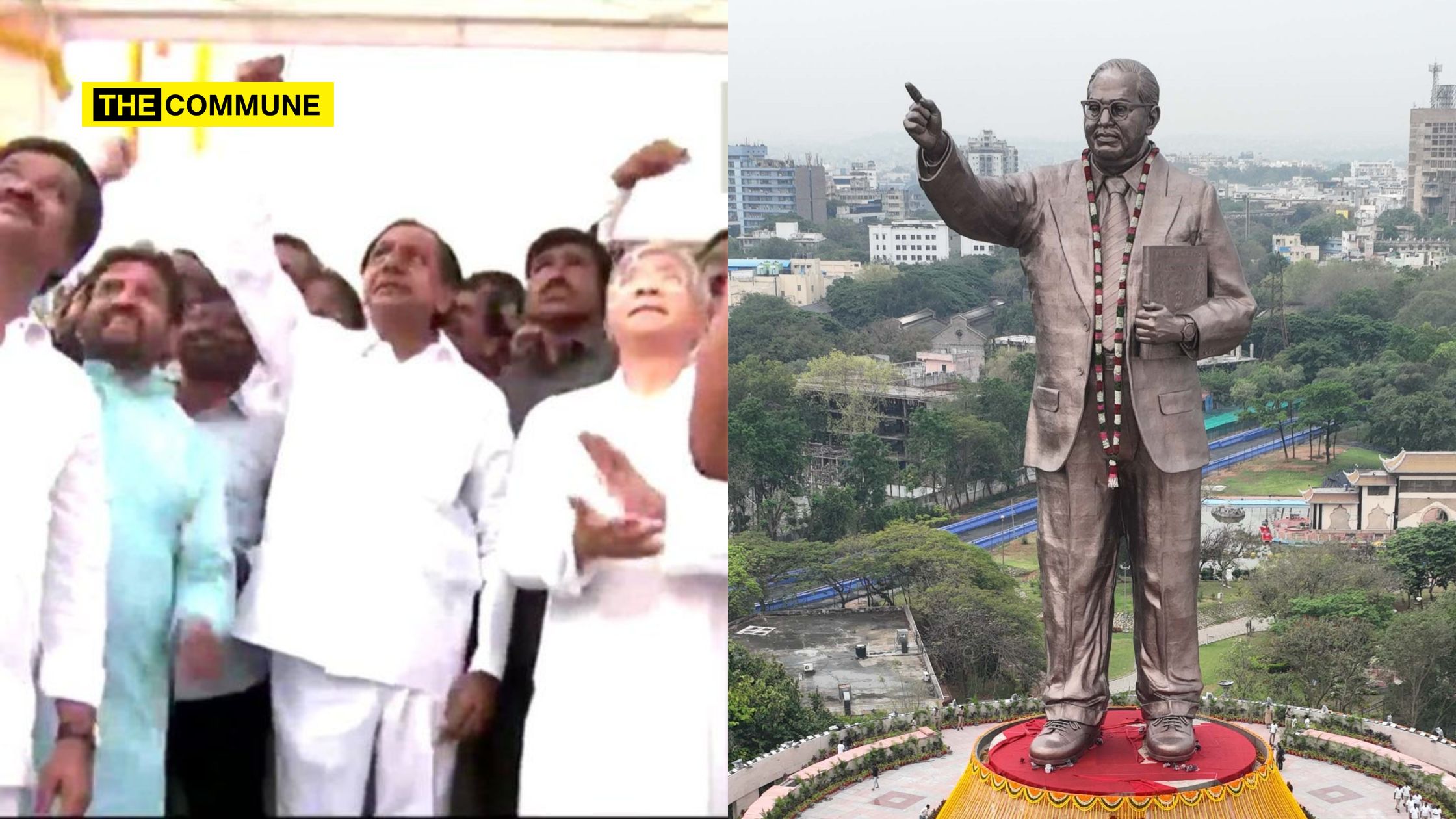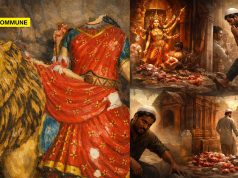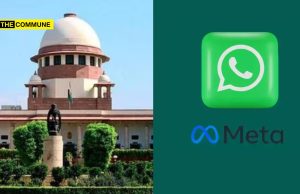
Last week on April 14, Ambedkar Jayanthi (birth anniversary of Dr. B R Ambedkar), the Telangana Chief Minister unveiled a 125 foot statue of Ambedkar, on the banks of Hyderabad city’s famed Hussain Sagar lake.
K Chandrasekhar Rao (KCR), Telangana chief minister and leader of the Bharat Rasthra Samithi party (BRS), unveiled the Ambedkar statue on the banks of the capital city’s Hussein Sagar lake, which is home to the iconic statue of The Buddha envisioned and executed by the late Tollywood hero, former chief minister of undivided Andhra Pradesh and founder of the Telugu Desam Party (TDP), Nandamuri Taraka Rama Rao (popularly NTR) in the 1980s.
The statue commisioned by KCR, is touted to be the biggest Ambedkar statue to date. It stands next to the newly built State Secretariat (yet to be inaugurated), adjacent to the Telangana Martyrs memorial and opposite a statue of The Buddha, who Dr. Ambedkar was inspired by. It was designed by the renowned father-son sculptor duo, Ram Vanji Sutar and Anil Ram Sutar who are also the master minds behind Gujarat’s mammoth “Statue of Unity”, the statue of Sardar Vallabhai Patel.
Comments from ordinary citizens, political analysts and opposition parties covered a wide range of emotions.
– For some, it was a copycat action of the CM, reminiscent of the Sardar Vallabhai Patel statue in Gujarat inaugurated in 2018.
– Some people found it amusing that the CM and his BRS party were following in the footsteps of the BJP party in Gujarat, the very party that is now the arch political rival of KCR’s party in Telangana.
– Remarks centered around statue-politics, calling it a political gimmick, paying mere lip-service to the vision of one of the chief architects of the Indian Constitution, Dr B R Ambedkar. Many wondered out aloud, if and when real change can be expected in Dalit societies versus a show of superficial concern by many political leaders, such as the commissioning of statues.
– Many were cynical about the timing of the state’s inauguration, considering Telangana’s state election is due by the end of this year.
– Some commented on the desperation of KCR and his BRS party at winning this year’s state elections after almost ten consecutive years in power, trying to fight a worrisome anti-incumbancy trend. The state’s BJP party is reputed to be the BRS’s main opposition and contender.
– The opposition noted the BRS party’s attempt to appeal to Telangana’s Scheduled Caste (SC) and Scheduled Tribe (ST) communities, which together make up around 25% of the state’s population, one of the highest SC-ST percentages among Indian states. The 2011 census figures indicated a 15.4 % of Scheduled Caste and a 9.5 % of Scheduled Tribes population in the state.
– Many noted the Chief Minister’s attempt to potray himself as more of a common man belonging to the peasant, working-class category versus his actual “dora” class (his ‘Velama’ upper caste) which is a land owning/ landlord caste in the Telugu states of Andhra Pradesh and Telangana.
While KCR’s statue politics was still being debated in the local media of the two Telugu states, the BRS party received some unpleasant news which may jeopardize its plans for participation in the neighboring Andhra Pradesh’s state elections next year.
The Election Commission (EC) announced its decision to withdraw “state party” recognition to Bharat Rashtra Samithi (BRS) in Andhra Pradesh state while it continues to have a state party recognition in Telangana state.The EC’s notification may be a disadvantage to the party which is hoping to contest next year’s Andhra state elections, on its poll symbol, an ‘Ambassador car’.
Senior BRS party leaders including Chief Minister KCR’s son, K T Rama Rao, a Telangana Minister holding multiple government portfolios, were quick to dismiss the EC’s move as a mere technicality, stating that the decision was made on the grounds that the BRS party (formally TRS party) had not contested in the last two state elections of Andhra state in 2014 and 2019, after Andhra Pradesh’s bifurcation into a residual Andhra state and a new Telangana state, back in 2014. BRS leaders sound confident of appealing to the EC and winning back an electoral status in the state of Andhra Pradesh, that would allow them to contest in next year’s A.P state elections.
The former Telangana Rashtra Samithi party (TRS) had applied for a change of electoral status from State /Regional party to a National party in October 2022. The most significant requirement (among other factors) for Indian political parties to be considered either National or Regional (state) party are:
– National party: A party that secures at least 6% of total votes in the Lok Sabha elections or Assembly elections in four states and wins at least 2 seats.
– Regional/ State party: A party that secures at least 6% of total votes in an election to the Legislative Assembly of a state and wins at least 4 seats.
While the former TRS party (Telangana Rashtra Samithi) re-branded itself as the BRS party (Bharath Rashtra Samithi), seeking and receiving a “national party” status from the EC late last year and announced its national ambitions, it remains to be seen if the party will be able to maintain its ‘national party’ status, based on electoral gains and wins in this year’s state elections and next year’s national elections.
Click here to subscribe to The Commune on Telegram and get the best stories of the day delivered to you personally.




